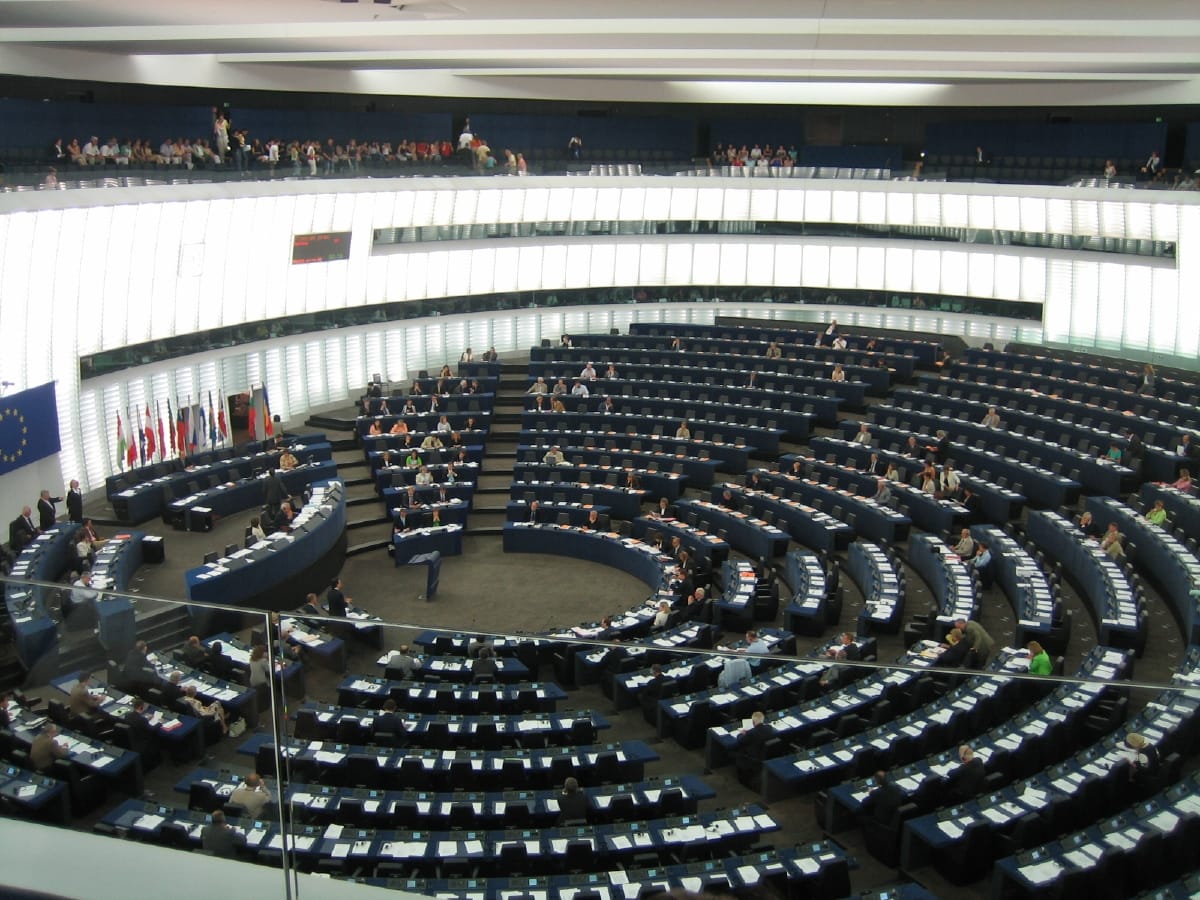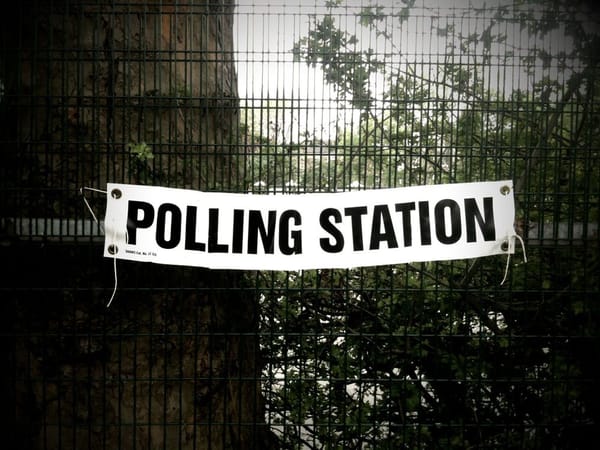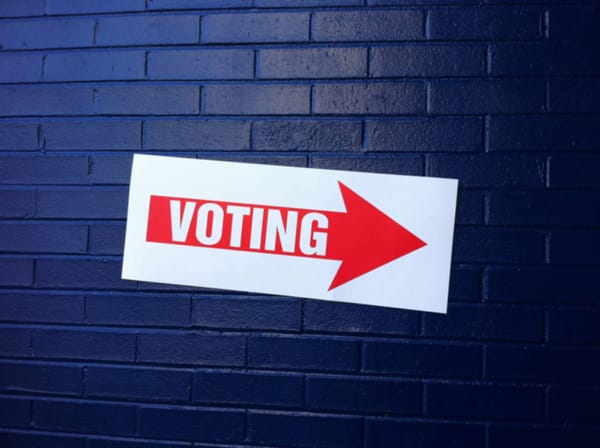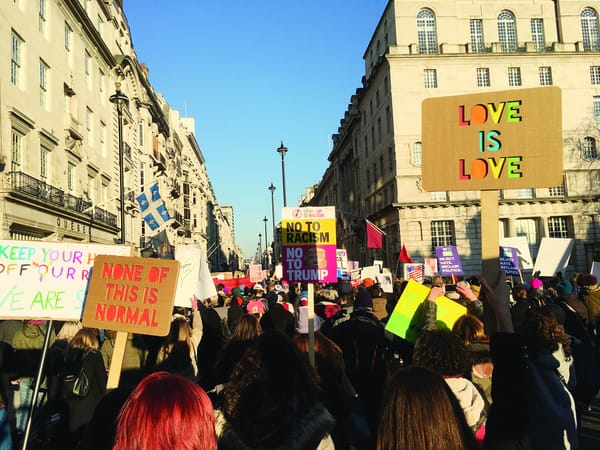Brexit: your wrap-up on all the issues you need to know
Politics Writer Ratan Gor takes you through all the key aspects of Brexit

Brexit. With no background knowledge, the word seems innocuous enough – the latest breakfast cereal perhaps? However, this now-infamous word and all it represents have been the talk of the town for the past year and a half. This summer, you’ve used it to screen prospective suitors on a first date, been asked about it on your travels by fellow Europeans, and discussed it with home friends you hadn’t seen all year. Relationships have unravelled, political allegiances probed, and memes made from the word. Brexit has infiltrated every part of your life, and so, the next time the topic crops up in conversation (probably within the next 24 hours), let’s make sure you know what you’re talking about as you grace a lucky soul with your opinion. Here’s what you need to know:
Trade – the Single Market, the Customs Union, and the European Economic Area
The question as to whether the UK should stay in or leave the European Single Market has been at the forefront of Brexit discussions but what exactly is it and why does it matter? The EU Single Market is a trade agreement that seeks to guarantee the free movement of goods, capital, services, and labour within it – termed ‘the four freedoms’. It consists of the 28 EU members as well as Iceland, Liechtenstein, and Norway who have access through the European Economic Area agreement, whereby they implement EU laws related to the four freedoms in exchange for access.
Being part of the European Customs Union means that goods crossing national borders aren’t subject to tariffs, such as the common tariff placed on imports to the EU from non-EU countries. It also means that member states aren’t allowed to create their own trade agreements with other nations.
Some feel the single market should be the chief focus of the UK’s negotiations with the EU as it is widely perceived to be a positive feature of the European Union from the standpoint of businesses and prosperity. Staying in it would preserve the current friction-free trade with the EU – Britain’s biggest trading partner – in goods but more importantly in services, upon which the bulk of the UK economy is based.
The Tories want a 2-year transitional period, after officially leaving the EU, where there would still be access to the single market and during which a new UK-EU trade deal would be devised.
Theresa May has said that the UK is willing to pay €20 billion for such an agreement, which the EU has said is insufficient. Apparently the so-called “Norway model” was considered, whereby the UK would pay to remain in the European Economic Area in the long-run. However, this model now appears to be off the table after staunch opposition from hard-line Brexiteers who dismiss the single market as a hindrance that should be escaped – the so-called ‘hard Brexit’.
Labour’s official position is that the UK should remain in the single market during a four-year transition period. They were one of the first to propose such an approach. Some from the party, however, further insist that the UK should remain in the single-market indefinitely as “the supposed benefits of a clean break with the EU are a fantasy”.
Access during a transition period, as in both cases above, would almost certainly require abiding by the four freedoms. Therefore, the free movement of people would remain as it is; regulations would still align with those of the EU; the European Court of Justice’s rulings would still apply; and the UK would still pay into the EU budget. All this, whilst not being able to influence the laws and regulations that would apply to it.
Were such a transition period to become indefinite or Britain decided to maintain membership to the single market and customs union some would argue the UK would be worse off than if it were a member. The Liberal Democrats, therefore, propose a potential “exit from Brexit” and want the public to vote on the final deal with the option to stay in Europe if they don’t like it.
Just what are tariffs anyway?
Tariffs provide countries with a source of revenue, whilst also protecting domestic industries from foreign competitors who may be able to produce something for less – either because of lax regulation in areas such as workers’ rights and environmental protections, or simply because they are more efficient at producing a product. Either way, imported goods become more expensive with tariffs, making them less competitive in a market.
Why was chlorinated chicken in your news feed?
Should the UK leave the single market and start forging its own trade deals across the globe, a subsequent change (slackening) in regulatory standards may follow, which could mean that goods on the market are of a different (lower) standard to what they are now. It appears that chlorinated chicken has become the poster child for this laxity in regulation that might ensue, which some believe would be worse for the consumer. In this particular case, it might mean that your fried chicken might’ve taken a dip in chlorine before satisfying your post-night-out munchies because of a trade deal with the US who want to sell such meat in Britain.
Law: The European court of justice and the great repeal bill
The European court of justice (ECJ) is the highest court in the European Union. Judges from member states interpret EU law and make rulings accordingly. They are the highest court in the Union and can issue rulings over national courts. Its decisions are made in public and detailed reasoning is offered on decisions, and so, the ECJ is thought to be largely good at what it does. Once the UK leaves the EU, the ECJ would theoretically not have such powers, although, should Britain wish to maintain its access to the single market then European laws and ECJ rulings related to this would likely still apply.

The EU withdrawal bill, also known as the great repeal bill, is a piece of legislation that essentially copies and pastes EU law into UK law to try and avoid disruption on the day Britain actually leaves. This, however, is not as simple as it might first appear. Lots would have to be amended for it to make sense in relation to the UK. For example, EU law would refer to EU institutions, which Britain would no longer be a part of. Such nuances would be incredibly important to address. It has been said that the bill is likely to be “one of the largest legislative projects ever undertaken in the UK”.
In its current form, the bill gives the government the ability to make “corrections” to the laws without any involvement or scrutiny from parliament. Many see this as a “naked power grab”) and do not want the bill to pass without amendments to prevent this and for parliament to be consulted on changes that might be made.
The Irish border
The border between the Republic and Northern Ireland will be the only land border between the UK and the EU post Brexit. Currently, it is virtually invisible, meaning that goods, services, and people (up to 30,000 per day) can move between the two countries totally unhindered.
A “seamless, frictionless border” remains the end-goal for the current government. However, trade experts claim that this would be impossible if the UK leaves the single market as Ireland would have to “apply EU law with no choice but to have customs checks on the border”.
For instance, it might mean that vehicles carrying goods between the two jurisdictions would now be stopped and taken through a border check – adding to a business’s expenses. Other issues also arise and include those surrounding the taxation of goods such as cigarettes; the movement and manufacturing of milk-based products; and the production of Guinness, which crosses the border twice before being shipped off to a pub near you.
The divorce bill: show me the money
Known officially as the ‘reste à liquider’, the Brexit ‘divorce bill’ is the sum of the UK’s financial obligations to the EU which was agreed upon in the past, and have yet to be paid. It is separate to the €20 billion mentioned previously that was proposed for continued access to the EU single market. Like with any divorce, defining the amount of money has become a heated issue between the UK government, other political parties and the EU.
Gargantuan figures estimating the bill have littered the headlines leading to unfriendly and conflicting discourse on all sides. Estimates have ranged from €40 billion to as much as €100 billion.
The money relates to previous pledges the UK has made towards the EU budget; infrastructure programs such as for roads and railways; investment projects; and other long-term liabilities that might remain. The UK government have said they recognise prior commitments that should be honoured but have stopped short of fleshing out the details and value of such obligations.
The amount will likely be subject to the future relationship the UK has with the EU after 2019. For example, if the UK decides to stay in certain programmes such as Erasmus for students, or a particular scientific research organisation, the bill would likely be lowered accordingly.
Citizens’ rights
Citizens’ rights are rights and protections for all EU citizens under EU law. They include free movement and residence, equal treatment, and rights related to work, education, and health.
It is one of the most politically-charged issues in the Brexit debate. Some claim that the referendum result mandated new rules on immigration from the EU but others completely oppose such an interpretation of the result, and cite how migration benefits the UK, economically, culturally, and socially.
Securing the rights of 3.5 million residents from other member states in the UK and 1.2 million Brits in Europe has been stated as one of the top priorities for both sides. Politicians have said that people will not be used as bargaining chips in discussions and that all would be treated fairly; however, there have been a number of high-profile cases mounting up evidence to the contrary.
Long-standing residents and those lawfully living in the country have been threatened with persecution. A recent case involved a researcher from Oxford, who had been staying in the country legally, with a valid work visa, for 10 years but nevertheless was sent a letter revoking certain rights and telling him to leave. He was sent an apology – however, this wasn’t an isolated case. Last month for example, the Home Office mistakenly sent up to 100 letters to EU nationals living in the UK ordering them to leave the country or face deportation. This all whilst the UK has yet to leave the EU
§
So there’s your whistle-stop tour on some of the main points on Brexit. Now its for you to read-up around the topic, develop ideas and formulate your own opinions on the matter, but remember, it’s polite to offer earplugs before expressing them to an unsuspecting peer.








